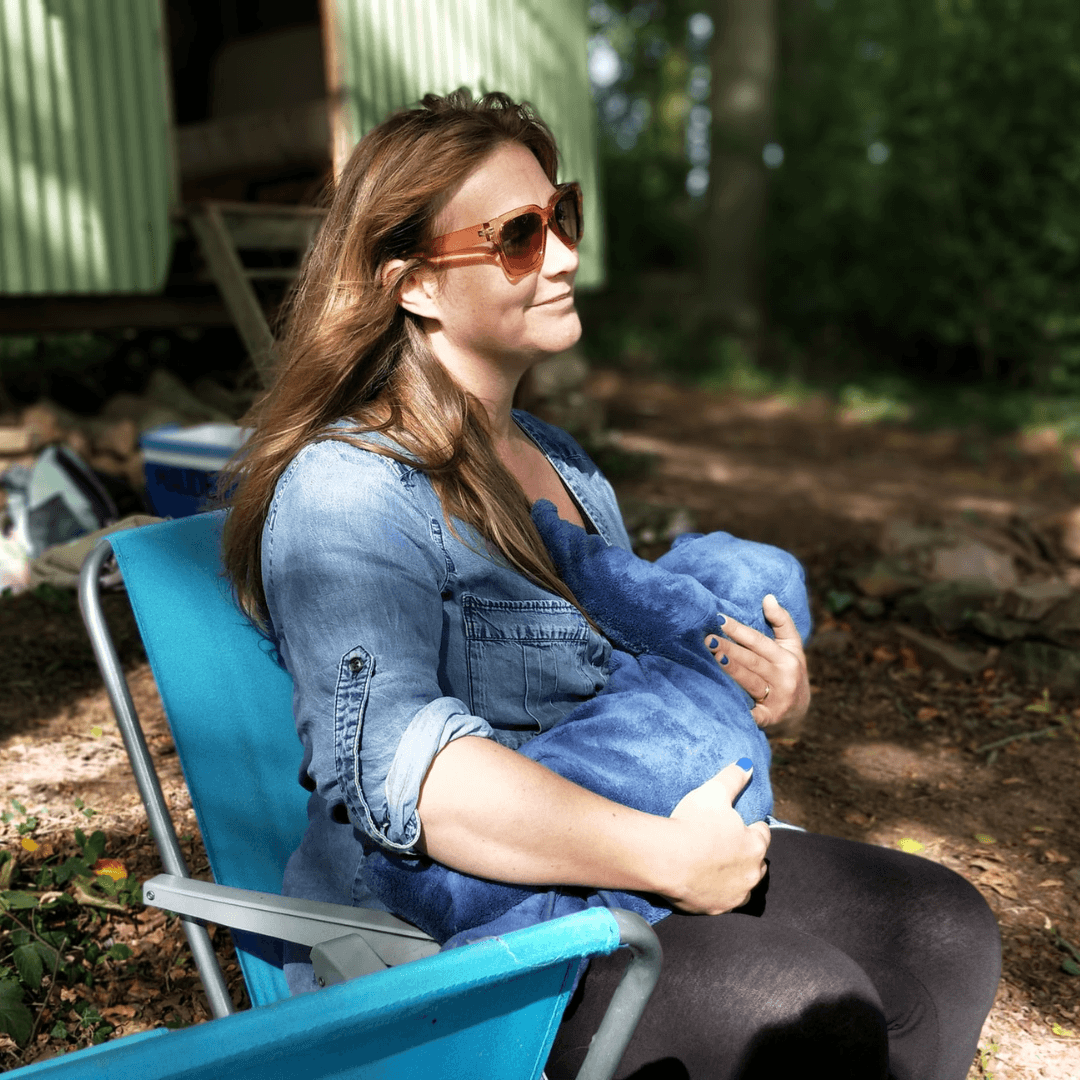Colostrum refers to the milk secreted for several days after delivery. Colostrum is thicker and more sticky than mature milk, and its color is transparent and yellow. It is rich in immunoglobulin (IgA) and lactoferrin, which greatly help the immunity of newborn babies. Even mothers who have difficulty breastfeeding try to feed their baby colostrum.
This is because colostrum is full of good ingredients for a newborn baby to grow well. However, to ensure that your newborn baby is fed colostrum smoothly, there are a few tips you should know for right after giving birth. Let's learn how to breastfeed together!
After giving birth, when can I breastfeed my baby?
Many experts recommend breastfeeding within an hour of giving birth. This is because breastfeeding is most likely to be successful if you are breastfeeding within an hour. Of course, there are times when it is difficult to breastfeed within an hour depending on the condition of the mother. In this case, you can discuss it according to the judgment of the medical staff. The mother's health always comes first!
The first golden time for breastfeeding is in the 3 days after childbirth. It can be a very difficult situation because the body has not recovered, but it is good to take the first steps of breastfeeding well for these 3 days.
Breastfeed immediately after childbirth, and most importantly, have frequent feedings.
The reason for emphasising a 3-day period is because there is almost no milk coming out at this time. After 72 hours of delivery of the placenta, full-fledged milk production begins. In other words, these three days are a milk-only situation... even when a mum squeezes her nipples, it might feel like there's little to no breast milk.
At this time, mothers worry a lot. The baby seems to be hungry, and the milk supply is so low that they give upon full breastfeeding. But if your baby is urinating and defecating, they are eating well with very little milk. Immediately after birth, the baby's stomach is about the size of a cherry to a walnut.
Even a small amount of milk is enough for your child to feed, so keep feeding them. Some babies suck at least once an hour. During this time, do not consider the period of breastfeeding, etc., and breastfeed whenever your baby wants.
This will increase your milk supply. In addition, children at this age need to breastfeed frequently, so that they can develop 'sucking power'. When milk is produced in earnest, congestion appears in the mother's chest, which can cause hardened and painful breasts, although the level of pain varies from person to person.
Days 1 to 3 of birth are still before engorgement, so it is easy for newborns to suckle. If your child practice sucking enough for 3 days, your baby will be able to suckle easily even if the mother's breasts become hard.
Tip:
The child has lost weight.
Is it because you don't have enough breast milk?
Newborns may lose weight during the first two to three days of life. Some babies lose up to 7% of their body weight at birth. This is not because there is not enough breast milk, but because the moisture remaining on the skin evaporates and you have meconium.
Meconium is the fetus's first intestinal feces, which are sticky and dark green in color. It is a substance formed by the accumulation of various wastes in the intestine of the fetus. However, if the weight of the newborn has decreased by more than 10% or if the weight has not been restored even after 2 weeks of age, a specialist diagnosis is required.
Breastfeed at least 6 times a day.
Of course, each child's eating habits are different, but you should breastfeed at least 6 times a day. There are times when a child falls asleep after sucking for 3 to 5 minutes. At this time, you need to wake the baby and feed them a little more.
If you are only breastfeeding for the first 3 days, your baby should urinate 4 to 8 times a day and feces 1 to 4 times a day. Mixed breastfeeding may increase the number of bowel movements.
# Parenting Advice from Director Hyang-Hwa Kwon
Mixed feeding is recommended for babies weighing less than 2.2 kg.
Lactating is a difficult mission. Therefore, it is recommended to combine colostrum and formula for infants weighing less than 2.2 kg or babies born before 35 weeks. If the child still lacks the strength to suckle and focuses only on breastfeeding, both the newborn baby and the parent can become exhausted. It is a priority for parents and children to choose a way that is stress-free.
---------------------------------------------------
Author: Kwon Hyang-hwa
- Newborn Childcare Coach
- IBCLC International Breastfeeding Specialist
- Worked as the director of a postpartum care center for 10 years.










